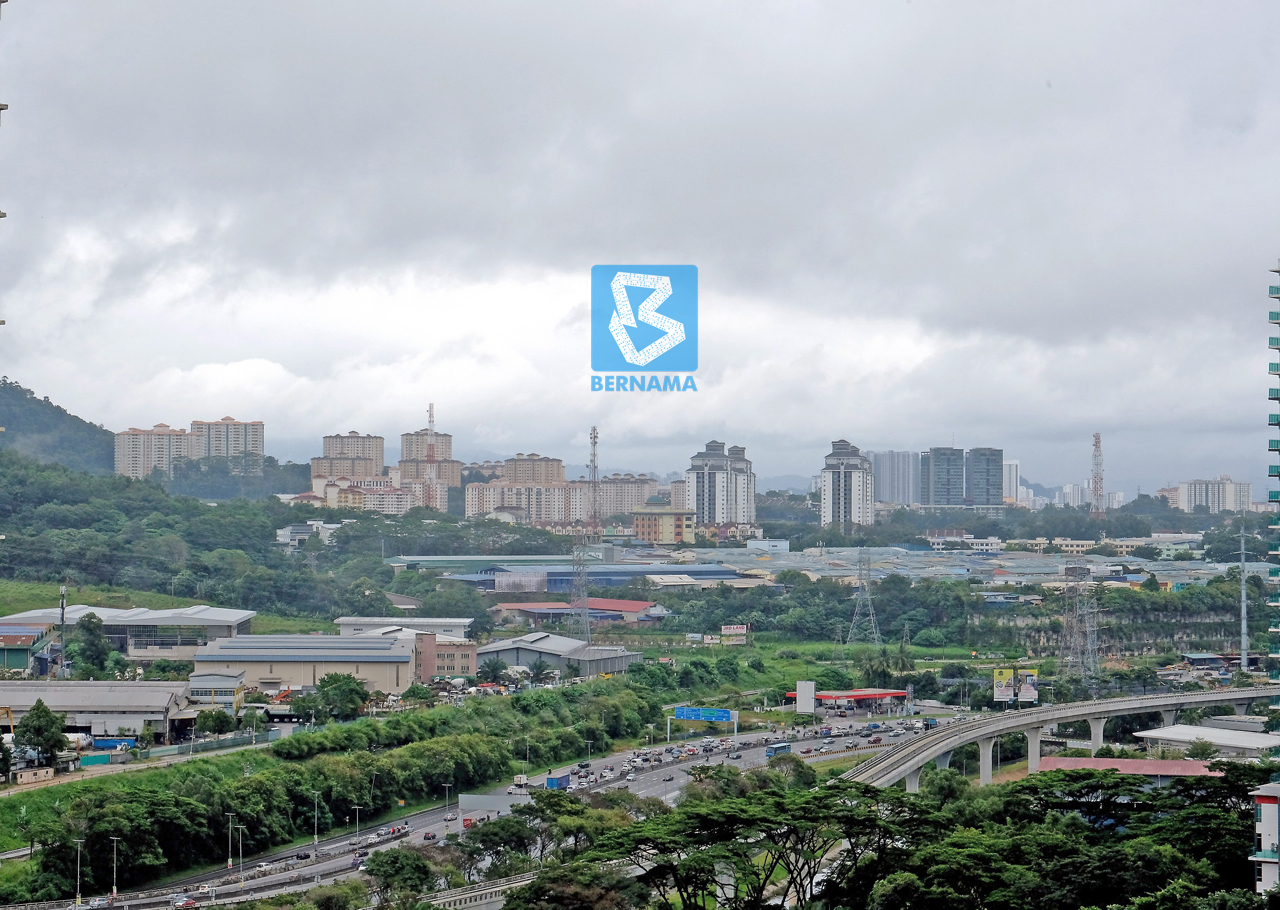
Che Kodir said a circular economy that is based on recycling will help to drive change for a green economy based on the 12th Malaysia Plan. – Bernama photo
KUALA LUMPUR (Dec 15): There is an urgent need to shift to a circular economy as the country’s natural resources are experiencing rapid depletion, slow regrowth and deteriorating quality.
A circular economy is a model of production and consumption which involves sharing, leasing, reusing, repairing, refurbishing and recycling existing materials and products as long as possible.
Economic Planning Unit director for Environmental and Natural Resources Division Che Kodir Baharum said a circular economy that is based on recycling will help to drive change for a green economy based on the 12th Malaysia Plan.
Most of the sectors in the country practise a linear economic concept that uses resources intensively and inefficiently, which generate a high level of greenhouse effect which result in pollution, he said.
“An economy that emphasises returning materials back into the circular economic system through re-use and other recycling initiatives will effectively reduce the loss of resources and cut waste,” he said.
The value of the resources is returned to the value chain when it is reused and recycled for a further period of time. This reduces the accumulation of waste,” he said at a webinar session today entitled Malaysia Accelerating Transition towards a Circular Economy: Extended Producer Responsibility (EPR).
Che Kodir said the transition to a circular economy would raise the efficiency and cost-effectiveness of resources and reduce the dependence on natural resources. Over time, a circular economy would be able to build an innovative and competitive green economy that would help to generate new opportunities.
“Micro, small and medium enterprises, when producing goods and services, will be encouraged to adopt recycling in the production, logistics and waste management.”
The initiatives that would be implemented in a circular economy include extending the responsibility of producers,” he said.
He said EPR is a basic approach in which producers are responsible both physically and financially in the treatment of goods that they produce for the market.
“In this respect, there have to be new regulations for the treatment of electrical and electronic products (e-waste) generated by households and the inclusion of other forms of waste covering packaging, single-use plastics, and other forms of waste.
“Relevant regulations, economic mechanism and monitoring will be introduced to enable producers and retailers to practise EPR to cover other types of waste,” he said. – Bernama
